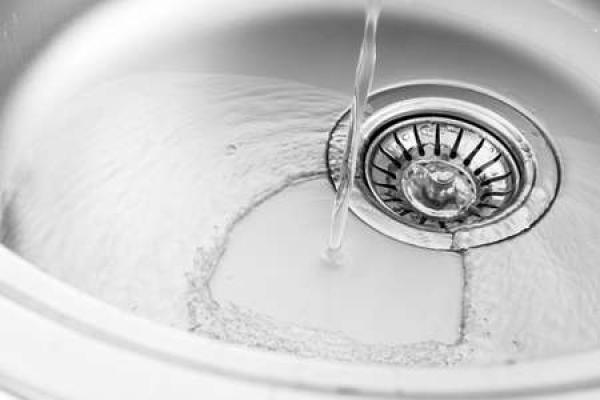
If you get your water from a well, the cleanliness of that water is incredibly important to your day-to-day life. After all, you use that water to drink, to bathe in, to do dishes, and so much more. So, the last thing you want is for it to be contaminated in some way.
Unfortunately, there are quite a few particles that can find their way into your water, some more dangerous than others. One such contaminant to look out for is Arsenic. It’s a topic that’s worth exploring as understanding the origins and risks associated with arsenic contamination in water can help protect you and your loved ones. Here’s what you should know:
What is Arsenic?
Arsenic is a naturally occurring element found in the Earth’s crust. It’s widely distributed in the environment and can be found in soil and rocks in many areas, including Massachusetts. Arsenic comes in different forms, but the inorganic form is the one we need to be concerned about when it comes to water contamination, as it poses serious health risks.
How Does Arsenic End Up in Your Water?
Natural Occurrence
Arsenic is naturally present in the Earth’s crust. When groundwater comes into contact with arsenic-containing rocks and minerals, it can dissolve and carry the arsenic into your well water.
Industrial Processes
In some cases, industrial activities like mining, smelting, and manufacturing can release arsenic into the environment. This contamination can then find its way into nearby water sources.
Agricultural Practices
The use of arsenic-containing pesticides and fertilizers in agriculture can contribute to arsenic contamination in soil and groundwater, which can eventually make its way into your well water.
The Dangers of Arsenic in Your Water
Arsenic contamination in your drinking water can have serious health implications. Even low levels of exposure to inorganic arsenic over an extended period can lead to health issues such as:
- Skin Problems: Skin lesions and discoloration can occur with prolonged exposure.
- Cancer Risk: There is a well-established link between long-term arsenic exposure and an increased risk of developing various cancers, including skin, lung, bladder, and kidney cancer.
- Organ Damage: Arsenic can damage vital organs like the liver, kidneys, and the cardiovascular system.
- Developmental Effects: Children and infants are more vulnerable to arsenic exposure, which can lead to developmental delays and intellectual impairments.
So, what can you do to protect yourself and your family from the dangers of arsenic-contaminated water? The answer is simple: test your water regularly. Arsenic testing is the key to ensuring the safety of your drinking water. Don’t wait until it’s too late; make sure to prioritize the safety of your water supply. If you’re concerned about arsenic in your water, Northeast Water Wells Inc. offers comprehensive arsenic testing services to put your mind at ease. Contact us today to learn more about our services!

Recent Comments